.
2.09.2015
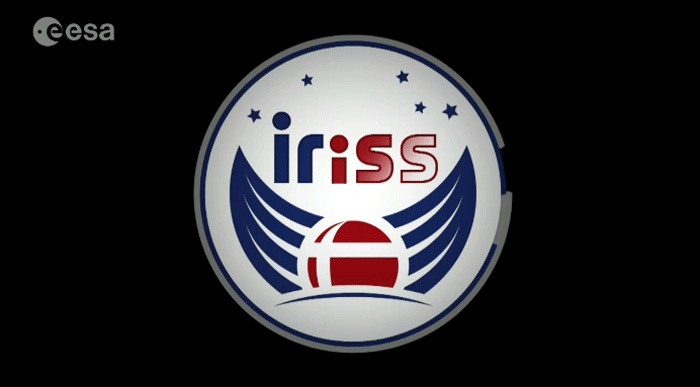


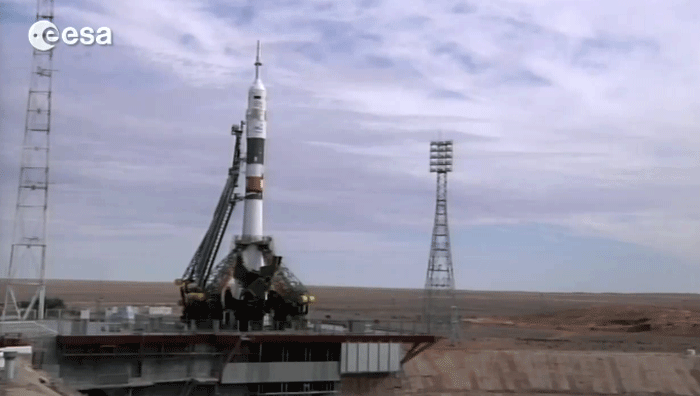

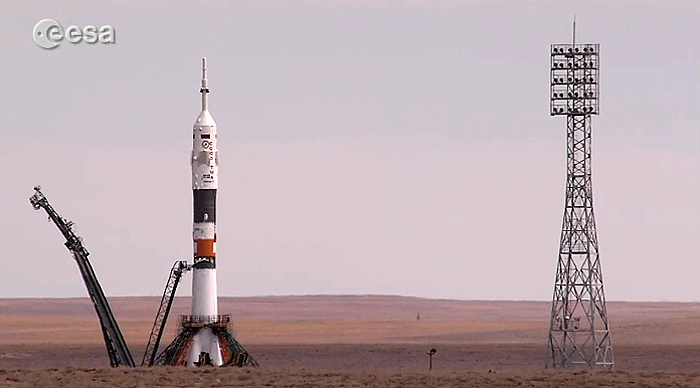






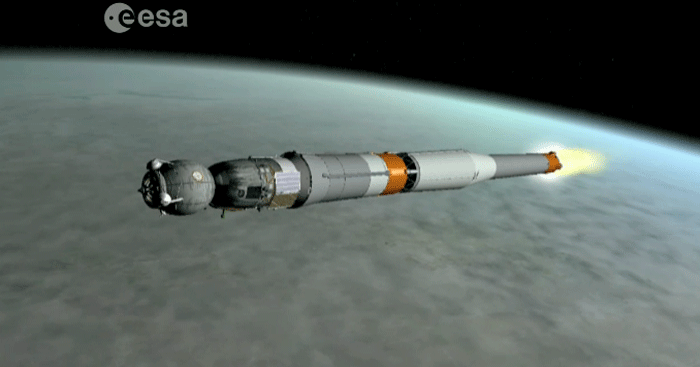


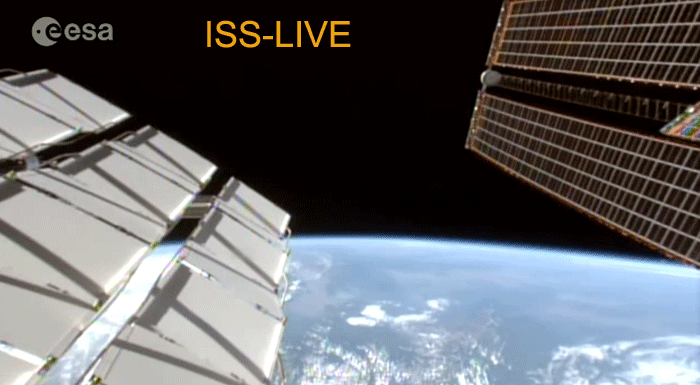

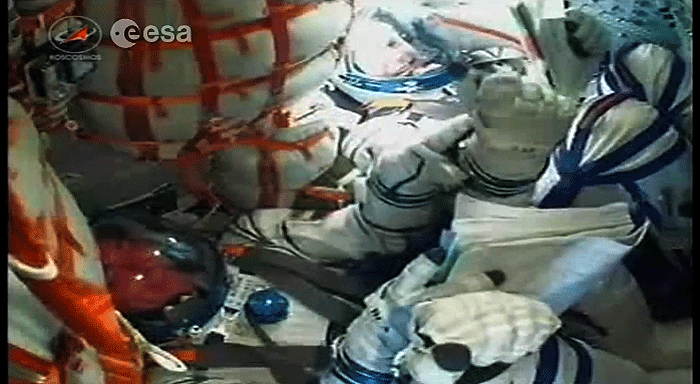

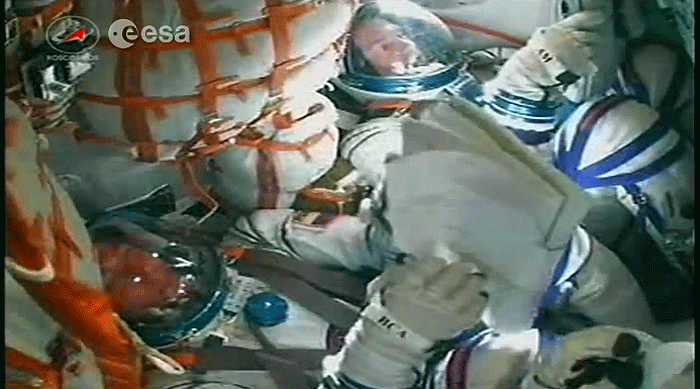

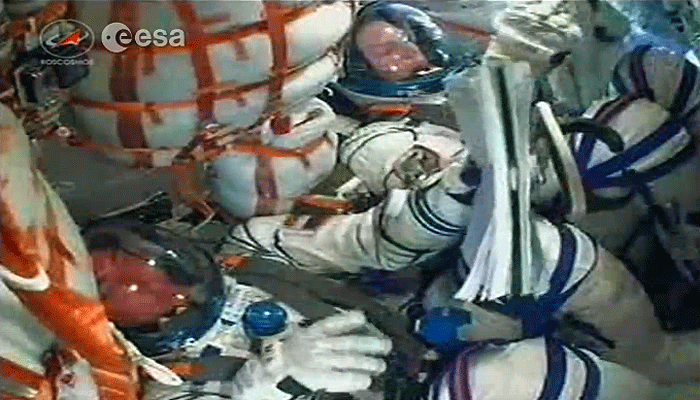


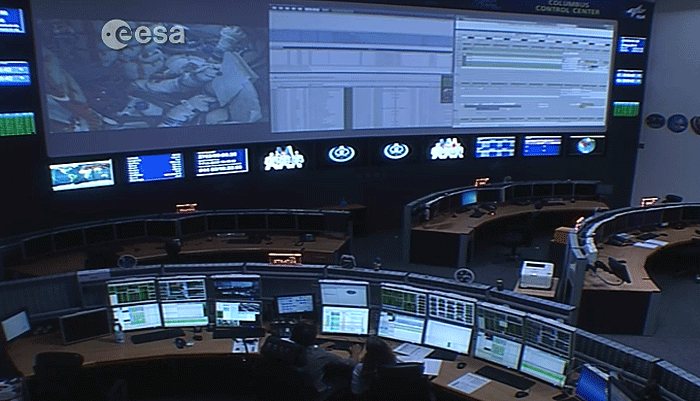
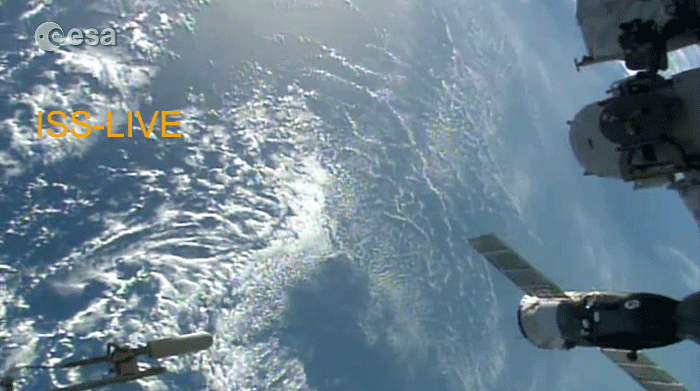
Quelle: ESA
-
Update: 3.09.2015
.
Russia’s Soyuz spacecraft makes manoeuvre to avoid collision with space junk
A fragment of the spent third stage of a Japanese carrier rocket, launched in 1989, happened to be on the spacecraft’s flight path, Russia’s space agency said
Russia’s Soyuz TMA-18M spacecraft that is on a journey to the International Space Station (ISS) has made a manoeuvre to avoid a collision with a fragment of a Japanese carrier rocket, Russia’s Federal Space Agency Roscosmos told TASS on Thursday.
"A fragment of the spent third stage of a Japanese carrier rocket, launched in 1989, happened to be on the spacecraft’s flight path. Ballisticians of the Russian mission control and their American colleagues worked jointly to prevent a collision," Roscosmos said.
According to the agency, the manoeuvre was conducted at 08:40, Moscow time. "The manoeuvre ensured absolutely safe avoidance of a collision with the object expected to approach at 11:30 - 11:40, Moscow time. The Soyuz TMA-18M spacecraft continues its nominal flight to the ISS," Roscosmos reported.
The spacecraft is to dock to the ISS on September 4 at 10:35, Moscow time. The Soyuz carrying Sergei Volkov, Andreas Mogensen and Aidyn Aimbetov blasted off from the Baikonur Cosmodrome at 07:47, Moscow time (03:47 GMT) on Wednesday. Russian cosmonaut Sergei Volkov has been into space before, European Space Agency (ESA) flight engineer Andreas Mogensen of Denmark and Kazakhstan’s cosmonaut Aidyn Aimbetov, who was added to the mission after British singer and would-be space tourist Sarah Brightman dropped out of training earlier this year, are first-timers.
Initially, the vessel's journey to the orbiting outpost was expected to take no more than six hours, but for security reasons, mission controllers opted to change the flight plan and extend the journey to two days instead of the originally planned six hours.
The current crew of the International Space Station comprises station commander Gennady Padalka and his two Soyuz TMA-16M crewmates U.S. Scott Kelly and Russia’s Mikhail Korniyenko, launched to the station last March 27; and Soyuz TMA-17 crew members Oleg Kononenko, Japanese astronaut Kimiya Yui and NASA astronaut Kjell Lindgren, who arrived at the lab complex July 22. Together, the six astronauts and cosmonauts make up the Expedition 44 crew.Padalka will turn over command of the station to Kelly, marking the end of Expedition 44 and the beginning of Expedition 4, and will return to Earth on September 12 aboard the TMA-16M spacecraft with Mogensen and Aimbetov. Volkov will remain aboard the station as a long-duration crew member, joining Kelly and Kornienko aboard the TMA-18M spacecraft for the return to Earth next March.
Quelle: TASS
4823 Views
